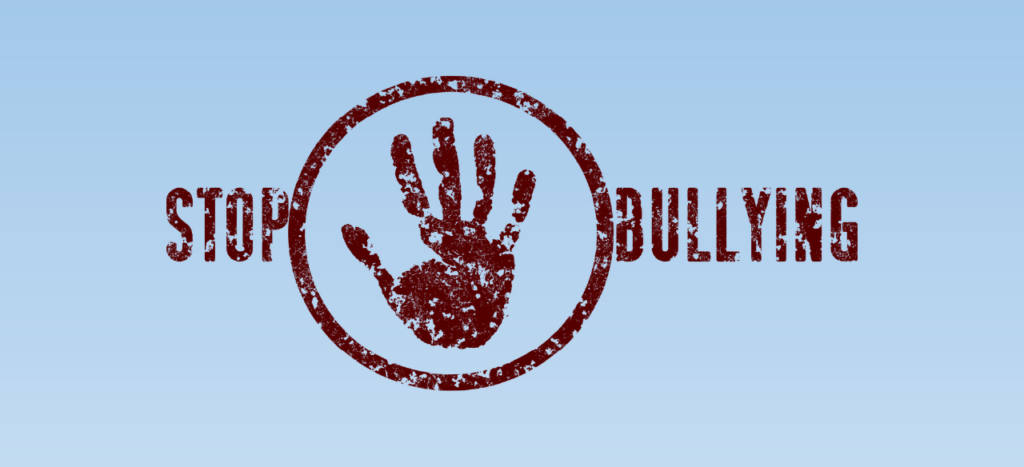Bullying is a regrettable and widespread problem that impacts children’s and their families’ lives outside of school. It’s an issue that necessitates the cooperation of parents, kids, and schools. We’ll look at detailed tactics in this article that every stakeholder can use to help create a secure and supportive environment. We can collaborate to eliminate the causes of bullying and promote an environment that values respect, empathy, and support if we are aware of the roles that each party plays.
How kids can help stop bullying
- Trust your parents: Tell your parents that you are being bullied, sharing the details and impact promptly. Don’t hide it or delay seeking help.
- Report the bully to the school: Immediately inform the class teacher and the school about the incident, providing specific details such as the bully’s name, when and where it happened, and a description of the events.
- Don’t fear: Overcome the fear of retaliation; telling your parents or reporting to the school won’t make things worse. It’s the key to stopping the bullying and improving your life.
- Be tough-skinned and practice a silent personal pep talk: Develop the ability to brush off insults, laugh them off, and ignore negativity. Practice a silent personal pep talk to remind yourself of your strengths and resilience.
- Make friends: Cultivate friendships by being friendly and participating in group activities and school clubs. Having friends not only makes you less vulnerable but provides a support system against bullies.
- Speak out and face up to the bully: Don’t stay silent when confronted by a bully. Assertively tell them to stop and threaten to report to teachers or school authorities. Speaking out can put an end to the bullying.
- Be confident: Carry yourself with dignity, remaining calm and collected. Avoid being timid and nervous; maintain eye contact during conversations to convey confidence.
- Practice prevention: Physically distance yourself from the bully when possible. Know when to walk away, and seek help from an adult if the situation is escalating.
How schools and parents can stop bullying
- Schedule a meeting Conduct a meeting involving all parties—the bully, the victim, and their parents—to address the issue. Discipline the bully and make them aware of the consequences of their actions.
- Implement an anti-bullying program Initiate a comprehensive anti-bullying program in schools to educate students and make it clear that bullying will not be tolerated. Ensure effective punishment for the culprits.
- Spend more time with children Parents should invest time in understanding their children, fostering communication, and showing care. This helps identify any emotional or mental health issues early on.
- Support school initiatives Parents should collaborate with the school to modify their child’s behavior and avoid defending inappropriate actions.
- Encourage and commend Acknowledge and praise children for their efforts towards responsible behavior. Reinforce adherence to rules both at home and in school.
As we work to end bullying, cooperation is essential. Strong anti-bullying programs must be implemented in schools, and it is imperative that all students comprehend the repercussions of engaging in such behaviour. Youngsters who are the primary targets of bullying can take charge of their own lives by speaking up, forming friendships, and encouraging kindness in society. Parents are equally crucial since they are essential in fostering honest communication, providing for their kids, and collaborating with schools to address and prevent bullying. By working together, we can establish settings free from the spectre of bullying where each child feels appreciated, protected, and unaffected. By working together, we can create a future in which bullying is unheard of and every child may prosper.


